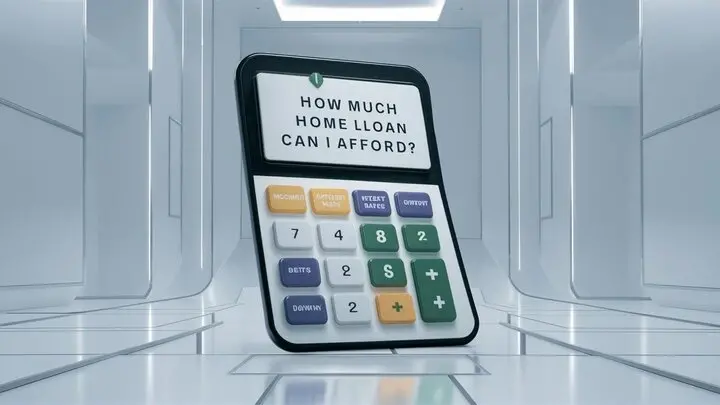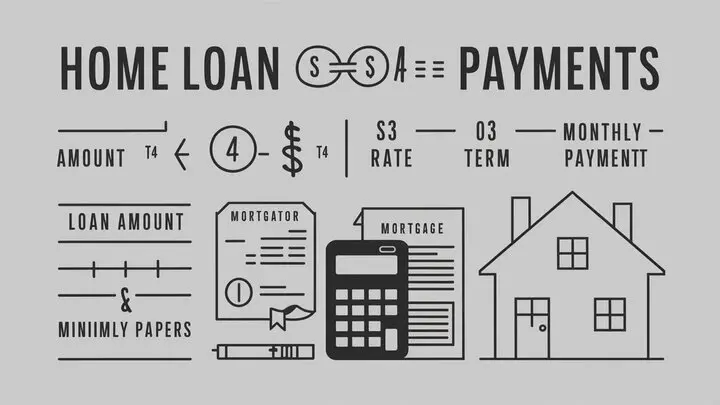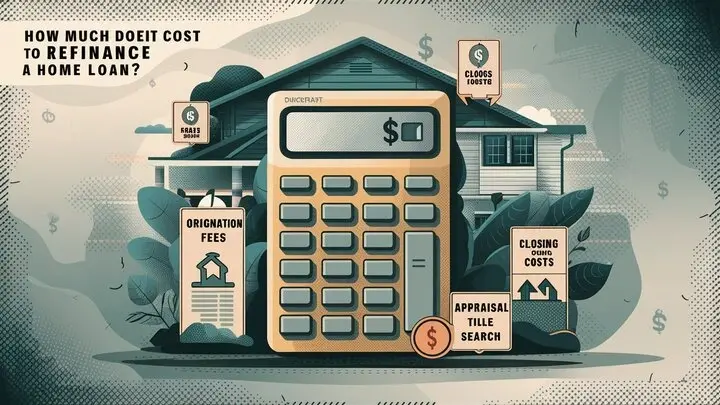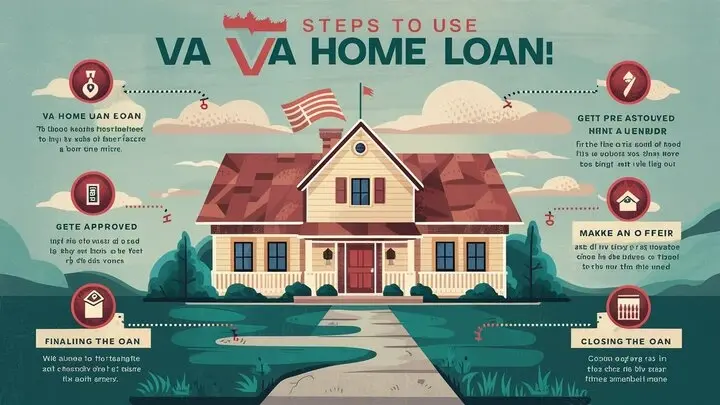-
Posted on: 23 Aug 2024
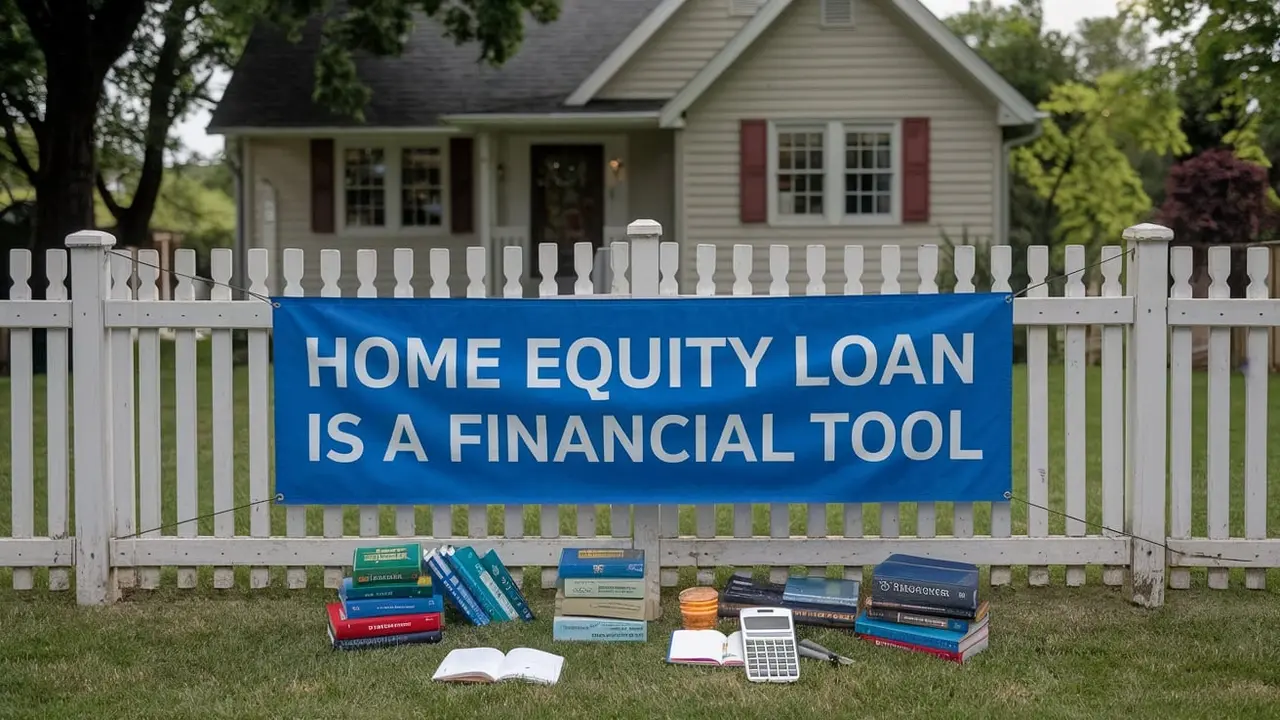
-
A home equity loan is thus a type of financing that enabled the owner of a home to borrow cash by using the house as security. Equity in a home means the portion of this home’s value which the homeowner has paid off and therefore belongs to him or her, this is always the difference between the present market price of a given home and the balance of the mortgage that is remaining.
The Process of Obtaining a Home Equity Loan
In a home equity loan, the borrower receives a one-time cash payout from the lender then repays the amount borrowed and the interest for a period of 5-30 years. The home is used as security for the loan – in the event that the borrower makes it difficult to pay the loan, the lender can seize the home.
The interest rates, fees, loan amounts and repayment terms of home equity loans depend on the specific lender. The interest rates on home equity loans are slightly higher than first mortgages, but considerably lower compared to other common types of credit such as personal loans and credit cards.
This means that the amount of money that the homeowners are allowed to borrow through home equity loans is between 85 percent of the home’s worth, less the balance on the mortgage. Therefore, if you own a home worth $300,000 and have a mortgage balance of $150,000, you could borrow up to $127,500 on a home equity loan if it is 85% of the $150,000 equity value.
Advantages Of Home Equity Loans
There are several potential benefits to tapping into your home's equity via a home equity loan:There are several potential benefits to tapping into your home's equity via a home equity loan:
-
Less interest than other forms of loans - Home equity loans are usually cheaper when compared to other forms of loans such as personal loans and credit cards. This can help you end up saving so much of your money especially when you have large sums of money to borrow.
-
Interest rate options - The interest rates on home equity loans can be fixed or variable. Fixed rates remain constant until the completion of the loan, hence providing you with certainty.
-
Tax deduction on the interest part – In most cases, when you use the money that you got from the home equity loan for qualified purposes such as for home improvements, then you are allowed to deduct the amount of interest you paid for tax purposes.
-
Pay off higher rate debts – It is possible to use money from a home equity loan to pay for debts such as credit cards or personal loans, which is effectively reducing the rate on the debt.
- Other forms of Home equity loans present homeowners with cash required to finance other needs such as home renovation, medical expenses, college fees, business venture or other forms of credit.
Disadvantages Of Home Equity Loans
There are also some potential downsides to tapping home equity:
-
You put your home at stake – if you do not repay the loan as agreed, the lender can repossess your home. It is for this reason that it is important to avoid getting into a position where you are taking a loan that you cannot afford to repay.
-
Closing costs – Although it is possible to negotiate the closing costs with the seller, you will have to part with 2% to 5% of the loan amount. This minimizes the actual cash that you receive.
-
Variable rates may go up – This is applicable to home equity loans that have variable rates, the payments could be higher if the interest rates go up in the future.
- Tax issues – Interest is not tax allowable unless it is used for the approved purpose. Moreover, in case the loan reduces your home equity below 20% then you may lose vital tax benefits associated with sale of homes.
Home equity loan is one form of Home loans that is commonly given to homeowners who want to borrow money against their home’s value, but below are other possibilities that can be considered.
Two alternatives homeowners may want to consider include:Two alternatives homeowners may want to consider include:
Home Equity Line of Credit (HELOC): HELOCs work like a credit card, with a credit line available to the homeowner that can be borrowed and paid back repeatedly. Interest rates are adjustable but generally lower than those of home equity financing. Initially, payments are interest only to ensure that the initial cost is as low as possible.
Cash-Out Mortgage Refinance: Borrowers interested in obtaining a large amount of home equity may consider refinancing the mortgage with some of the cash taken out at the closing. This is a kind of debt consolidation that goes hand in hand with mortgage re-financing.
Steps to Follow to Get a Home Equity Loan
To qualify for a home equity loan, lenders generally have the following requirements:To qualify for a home equity loan, lenders generally have the following requirements:
-
At least 15% to 20% equity already built up in your home
-
A minimum credit score of 620 or higher.
- A credit utilization ratio below 30%
Equity holders and those with good credit and financial status are in a better position of getting better loan offers. Getting quotations from several lenders is advisably to compare the rates of interest and the charges. Thus, an online lender marketplace can provide the necessary rate quotations within minutes of filing a single application.
Make sure to pay close attention to all the loan conditions and obtain a detailed quotation of closing costs before agreeing to home equity loans. To avoid putting your home in jeopardy only borrow an amount that you can comfortably repay on the offered rate of repayment plan.
-
